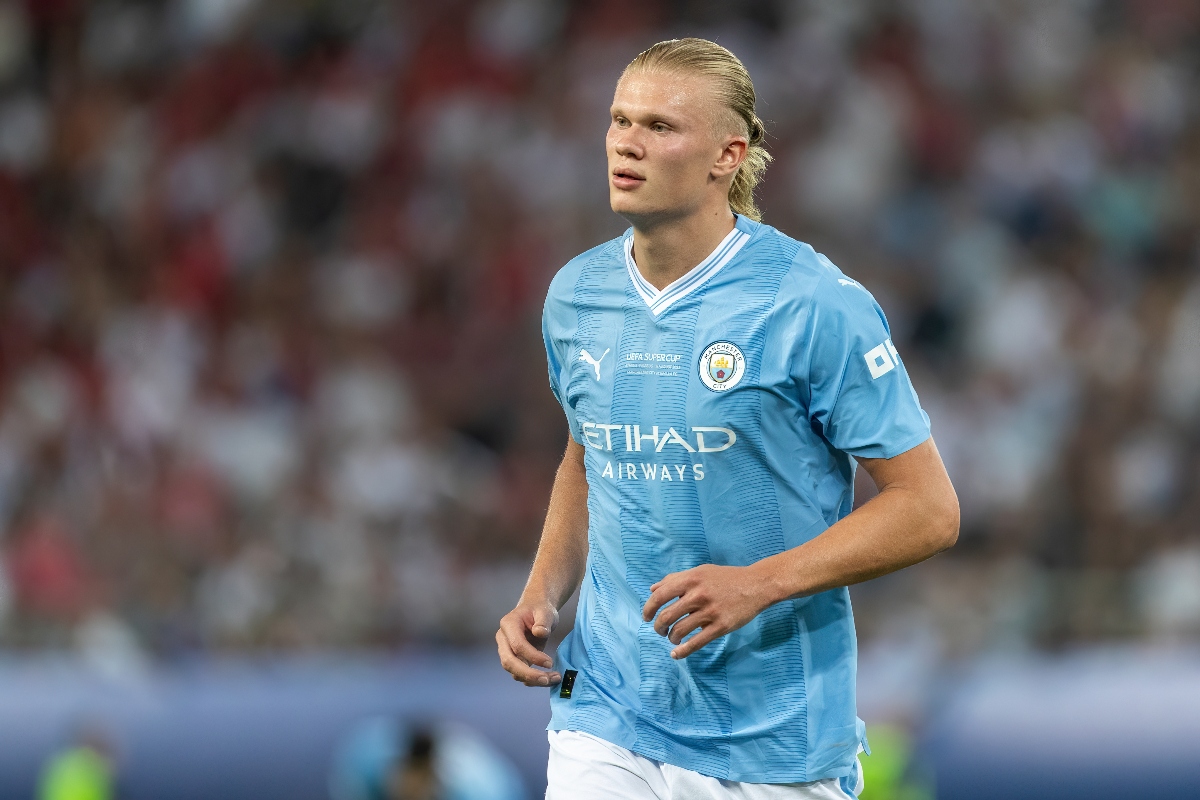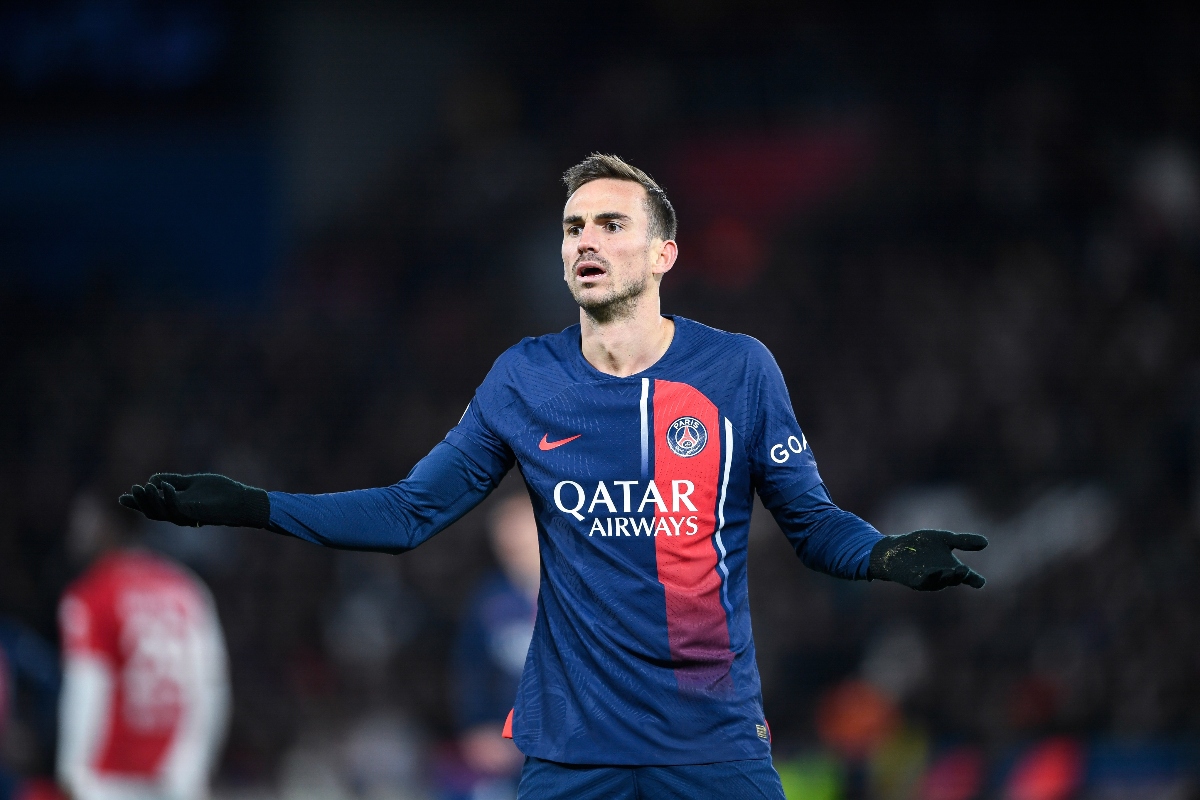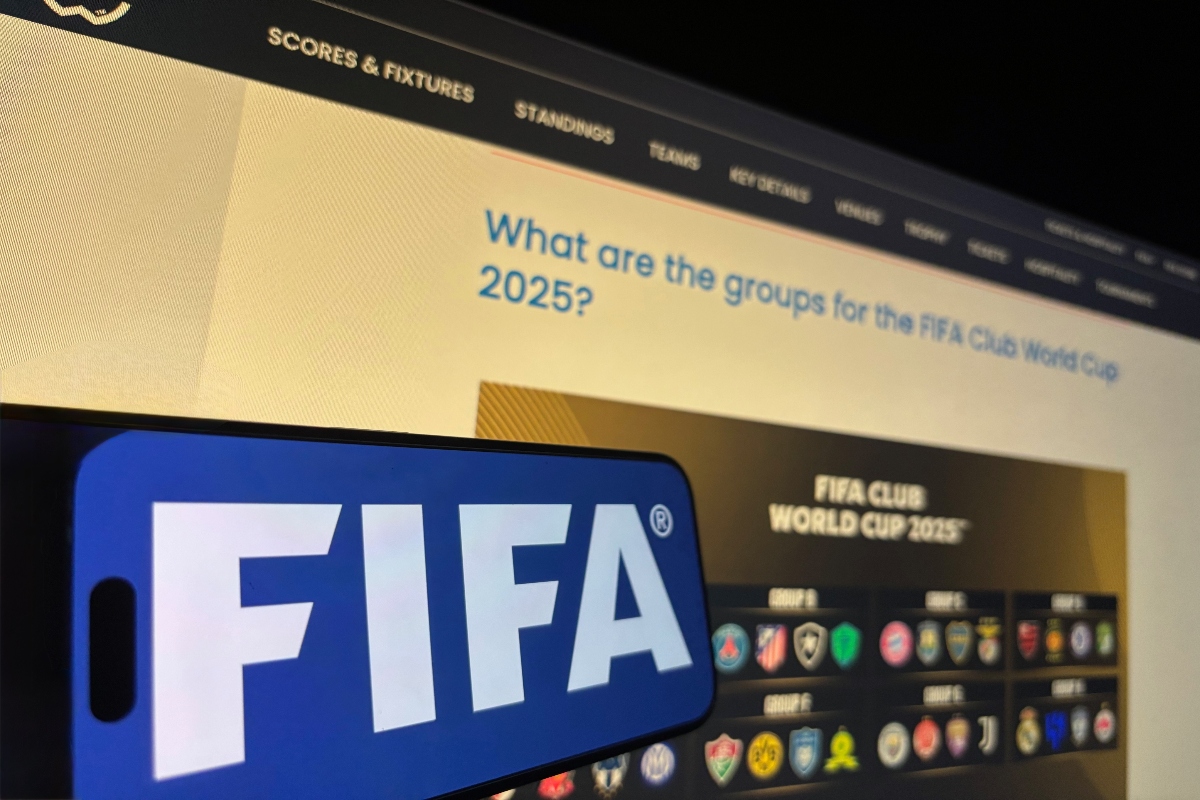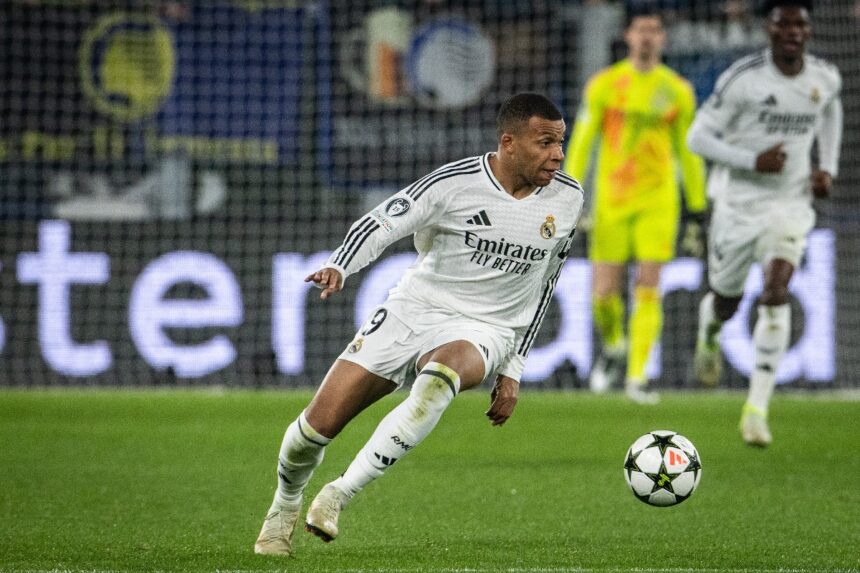The FIFA Club World Cup 2025, to be held in the United States from June 15 to July 13, will mark a before and after in international soccer.
With its new 32-team format and a duration of almost a month, the tournament has generated great concern about the increasing physical wear and tear on players, who already face intense seasons and few breaks.
A summer without rest

Traditionally, the summers of odd-numbered years served as a time of rest for elite soccer players.
With no World Cup, European Championship or Copa America, priority was given to physical and mental recovery.
However, with the new Club World Cup scheduled every four years – 2025, 2029, etc. – this respite will virtually disappear.
This 2025, teams like Real Madrid, Manchester City and PSG and Pachuca are participating with their best squads, forcing key figures to compete again just after closing out grueling campaigns.
The case of Fabian Ruiz

Spanish midfielder Fabian Ruiz of PSG is an example of the overload.
In this 2024-2025 season, he played 64 games and accumulated more than 4,200 minutes between his club and the Spanish national team.
Participated in the Champions League final (5-0 to Inter).
Started in the Nations League final against Portugal
In less than a week, it should be ready for its Club World Cup debut against Atlético de Madrid at the Rose Bowl in Pasadena.
Other players such as Vitinha (60 games and 4,503 minutes) arrive with a similar level of demand.
The tournament has sparked great concern
Awards vs. player health

FIFA seeks to justify the tournament with a prize purse of US$1 billion, of which the champion could walk away with up to US$125 million.
But many voices question whether this economic incentive justifies the physical and mental damage that this accumulation of matches can cause.
The 2025 Club World Cup is a milestone in the globalization of soccer, but it also represents an alarm bell for the international sporting calendar.
Player health must be at the center of the debate, especially when the accumulation of tournaments threatens to leave little room for recovery.
For more information, visit QuéOnnda.com.














